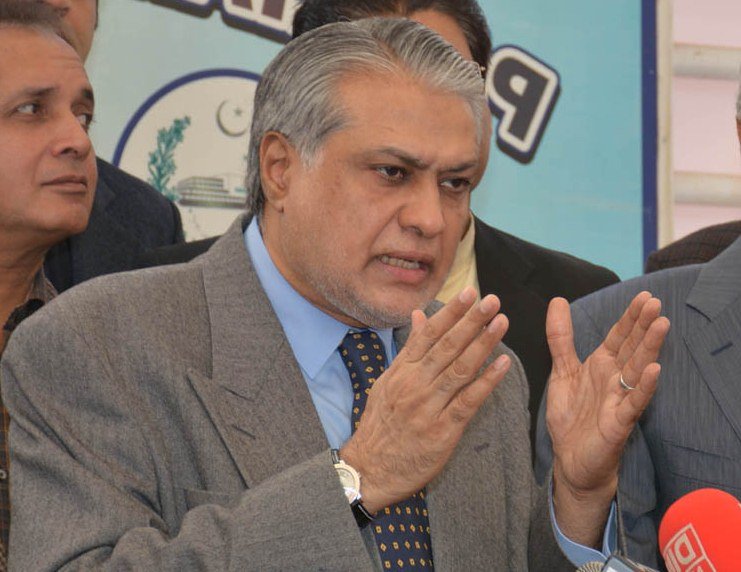
We are also glad that, despite the fact that the upper house is dominated by the opposition parties, the minister decided to incorporate a majority of the Senate’s proposed changes on the budget. In a convention that dates back to the Magna Carta, Pakistan’s Constitution mandates that the budget must originate in the National Assembly, which is made up of the most directly elected representatives of the people. It also dictates that the Senate may not vote on the Money Bill, but only pass non-binding resolutions that make recommendations for changes. This last bit can be particularly tricky, since Pakistan’s federation consists of four very unequal provinces and to have the chamber that represents those federating units equally — the Senate — not vote on the budget has resulted historically in skewed allocations of spending priorities to the largest province. For a party that derives almost the entirety of its political support from Punjab, and for one that is currently in the minority in the upper house, to incorporate the Senate’s non-binding suggestions is an admirable adherence to what are still relatively new, and unwritten, constitutional conventions in Pakistan. We do not think this budget was as good as it could have been, but on the stewardship of the debate process, we have no complaints.
Published in The Express Tribune, June 21st, 2015.
Like Opinion & Editorial on Facebook, follow @ETOpEd on Twitter to receive all updates on all our daily pieces.



1723032398-0/BeFunky-collage-(36)1723032398-0-165x106.webp)








COMMENTS (1)
Comments are moderated and generally will be posted if they are on-topic and not abusive.
For more information, please see our Comments FAQ